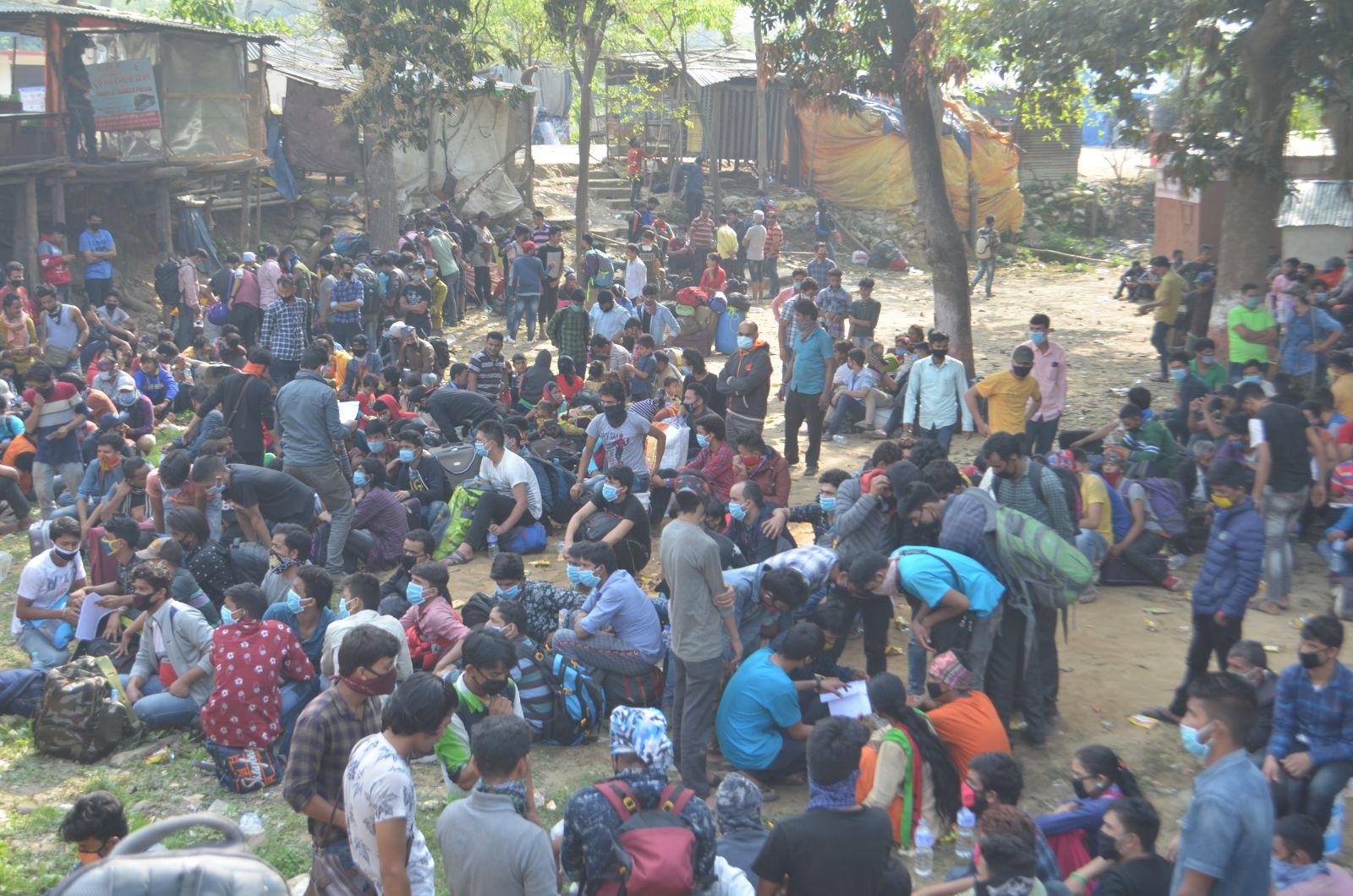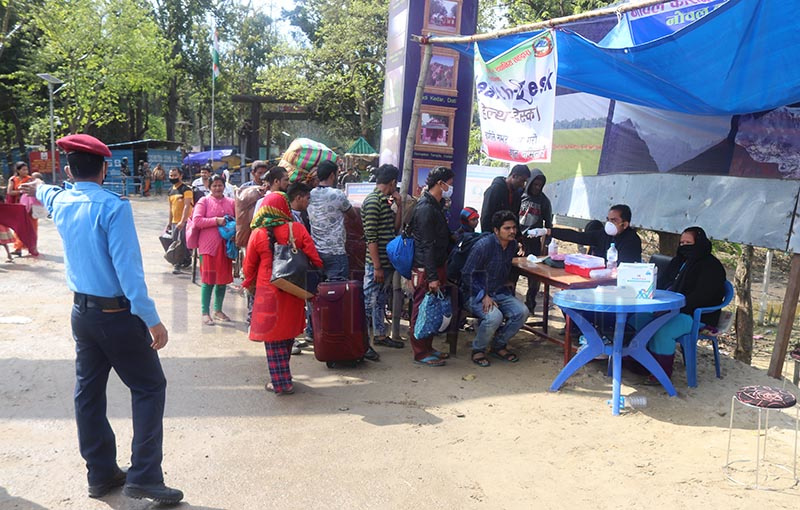Malaria seen in people staying in quarantine
Kathmandu, April 25
As the country reels under the fear of coronavirus, a total of 15 persons staying in quarantine in Sudurpaschim Province have tested positive for malaria.

Records provided by the Epidemiology and Disease Control Division under the Department of Health Services warn that if mosquito-borne diseases are not controlled, the country can suffer from the triple effect — coronavirus, dengue and malaria this year.
A total of 1,065 people had suffered from malaria in the year 2019-20 in 36 districts across the country.
Malaria is caused by parasites that are transmitted to people through the bite of infected female Anopheles mosquitoes. Also, there is the risk of dengue.

“As many Nepalis have come to the country from India, there are high chances that they suffer from the mosquito-borne disease. People should be tested and treated if we are to control the spread of diseases,” said Ishan Gautam, associate professor of entomology, Natural History Museum, Tribhuvan University.
According to the Ministry of Health and Population, a total of 14,731 people are staying in quarantine across the country, of which 2,173 people are quarantined in Sudurpaschim Province.
Experts have also warned against dengue. “It has started raining. There are chances of rainwater collecting where mosquitoes breed,” said Gautam.
The country saw a surge in the number of dengue cases last year.
According to the EDCD 14,662 people tested positive for dengue and six people lost their lives between July 17 and November 4 in 2019. The disease had spread in 67 districts across the country.
The adult female Aedes Aegypti dengue causing mosquito lays eggs on the wet surface of any container above the waterline. It generally lays 100 to 200 eggs at a time. “These eggs are hardy, stick to the walls of the container and can survive dry conditions for up to a year. Once the eggs find favourable humidity, temperature and water they develop into larvae. The eggs that didn’t hatch last year can hatch now,” said Gautam.
“If a person living in quarantine suffers from mosque to-borne illness, there is high risk that others will suffer from the disease as the infected mosquito can bite many others living in quarantine. Also, the programmes for preventing vector-borne diseases have been hampered because of the COVID-19 spread in the country,” said Dr Prakash Shah, chief of Vector Borne Disease Control Section at EDCD.
People need to practise social and physical distancing to avoid coronavirus transmission. In that case there should be a single net for each individual.
“Nets have not been provided to those in quarantine. Demands are being made for the same. We have been talking to local bodies in this regard to help prevent the disease from spreading,” said Dr Basudev Pandey, director of EDCD.
“We have also been testing for malaria in people living in quarantine facilities who have fever so as to treat them early and help prevent malaria transmission,” said Dr Shah.
“Strategies for preventing dengue and malaria should be worked out along with the battle against coronavirus,” suggested Gautam.
A version of this article appears in e-paper on April 26, 2020 of The Himalayan Times.





